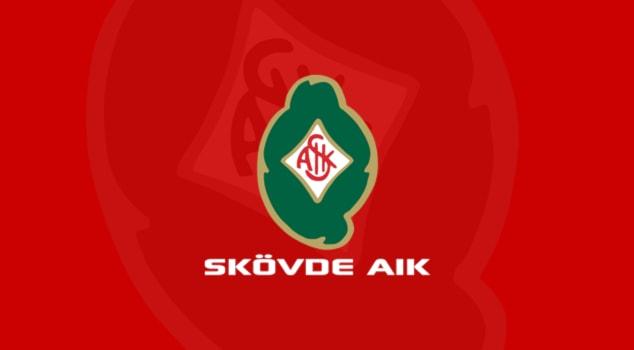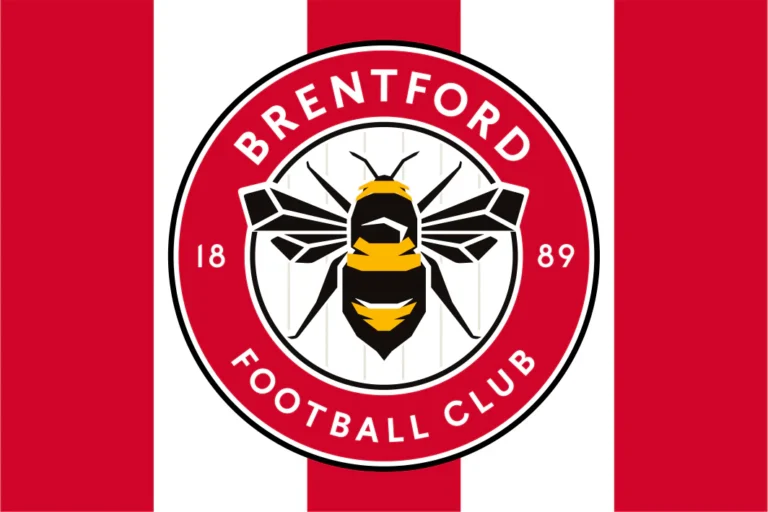
FC Brighton
Brighton & Hove Albion FC, widely known as Brighton or the Seagulls, has emerged as one of the most exciting teams in English football. From humble beginnings on the south coast of England to competing in European competitions, Brighton’s story is an inspiring tale of resilience, smart management, and progressive football. This article explores the club’s history, growth, playing style, key achievements, and future ambitions BBET.
Origins and Early Brighton & Hove Albion FC Development
Brighton & Hove Albion was founded in 1901 in the seaside city of Brighton, East Sussex. The club’s early years were spent competing in lower-tier competitions, including the Southern League and later the Football League. Brighton built a reputation as a hardworking side with a loyal fanbase, but financial instability and stadium issues often limited progress.
The club’s nickname, the Seagulls, pays homage to Brighton’s coastal location. Despite the challenges of relocation and relegation battles, the Seagulls maintained their identity and strong local support. The community connection would prove crucial in helping Brighton survive turbulent times.
Stadium and Home Support
Brighton’s home ground is the American Express Community Stadium, commonly called the Amex. Opened in 2011, the stadium seats over 30,000 fans and provides a modern facility that symbolizes the club’s new era. Before moving to the Amex, Brighton played at the Withdean Stadium, which was a temporary solution after leaving the Goldstone Ground in 1997.
The Amex has quickly become one of the most atmospheric stadiums in the Premier League. Its design, combined with the passion of the Brighton supporters, creates an electrifying matchday environment. The venue also reflects the ambition of the club’s ownership, who invested heavily to build a sustainable foundation for long-term growth.
Ownership and Transformation
A key turning point in Brighton’s history came when Tony Bloom, a lifelong supporter, became the club’s chairman and majority owner in 2009. Bloom’s vision and investment transformed Brighton into a modern football institution. His background in sports betting and analytics influenced the club’s data-driven recruitment and performance strategies, which have become hallmarks of Brighton’s success.
Under Bloom’s leadership, Brighton not only stabilized financially but also began to rise steadily through the leagues. His commitment to developing infrastructure, including the stadium and training facilities at Lancing, positioned the Seagulls to compete with more established clubs.
Premier League Journey
Brighton achieved promotion to the Premier League in 2017 under the management of Chris Hughton. The Seagulls ended a 34-year absence from the top flight, sparking celebrations among fans who had endured decades of struggle. Hughton’s disciplined and defensive style helped Brighton maintain their Premier League status in their early seasons Trang chủ bbet.
As the club settled into the league, a new philosophy began to emerge. Brighton wanted to evolve from survival football to an attractive, possession-based approach. This transition truly took shape under Graham Potter, who introduced fluid tactics and emphasis on developing young players. Although results were sometimes inconsistent, Brighton’s identity as a progressive club was cemented.
Playing Style and Tactical Identity
In recent years, Brighton have become renowned for their modern style of play. They focus on controlled possession, tactical flexibility, and intelligent pressing. Brighton’s coaching staff utilize analytics to maximize performance, identifying undervalued players and integrating them into a system that rewards teamwork and creativity.
The Seagulls are known for developing players into Premier League stars. Many signings initially considered low-profile have thrived at Brighton, later attracting interest from top clubs. This recruitment model has not only generated sporting success but also financial stability, with significant profits reinvested into the squad and facilities.
Memorable Achievements
Brighton’s rise has included several landmark moments that highlight their progress:
-
Promotion in 2017 – Returning to the Premier League after more than three decades was a defining achievement for the Seagulls.
-
Premier League Stability – Establishing themselves as a consistent mid-table club rather than relegation candidates marked a new chapter.
-
FA Cup Semi-Finals – Brighton have reached the latter stages of domestic cup competitions, proving their ability to challenge traditional giants.
-
European Qualification – In 2023, Brighton qualified for the UEFA Europa League for the first time in their history, a remarkable achievement for a club that once faced near extinction.
These milestones underline Brighton’s evolution from survival battles to genuine contenders on both domestic and European stages.
Key Players and Talents
Brighton’s success has been built on intelligent scouting and the ability to nurture talent. Players such as Lewis Dunk, the long-serving captain, embody loyalty and leadership. Dunk has been at the heart of the defense for years, guiding the team through its Premier League journey.
The Seagulls have also produced or developed exciting young talents. Stars like Alexis Mac Allister, Moisés Caicedo, and Kaoru Mitoma have gained international recognition, showcasing Brighton’s ability to spot potential before it becomes mainstream. Although many eventually move to bigger clubs, Brighton consistently reinvest and rebuild with new prospects.
Managerial Influence
Coaches have played a significant role in shaping Brighton’s trajectory. Chris Hughton laid the foundation for Premier League stability, while Graham Potter redefined the playing style. Later, the club continued to push forward with managers who embraced innovation and adaptability, ensuring Brighton remained competitive against wealthier rivals.
The combination of tactical intelligence, player development, and club infrastructure has made Brighton one of the most admired teams in English football.
Community and Identity
Brighton & Hove Albion are more than just a football club. They are deeply connected to their community, supporting local initiatives and engaging fans of all generations. The Amex Stadium regularly hosts charity events, educational programs, and community activities, reinforcing the bond between the team and the city.
The Seagulls also represent inclusivity and progressive values, often recognized as one of the most socially responsible clubs in the Premier League. This approach enhances their reputation on and off the pitch.
Future Ambitions
Looking ahead, Brighton aim to continue their steady growth in the Premier League and European competitions. The focus remains on sustainability—investing in youth, maximizing data-driven scouting, and building a squad capable of competing without jeopardizing financial health.
The long-term vision is for Brighton to consistently challenge for European places and perhaps secure silverware. With the foundation established by Tony Bloom and the passionate support of their fanbase, the Seagulls are well-positioned for even greater success.
Conclusion
Brighton & Hove Albion FC journey is a testament to perseverance, innovation, and ambition. From battling financial crises and stadium struggles to competing on the European stage, the Seagulls have undergone a remarkable transformation. By combining smart ownership, modern recruitment, and an attractive playing philosophy, Brighton have become a model club in English football.
For supporters and neutrals alike, Brighton symbolize what can be achieved through vision, unity, and resilience—a true rising force in the Premier League.



